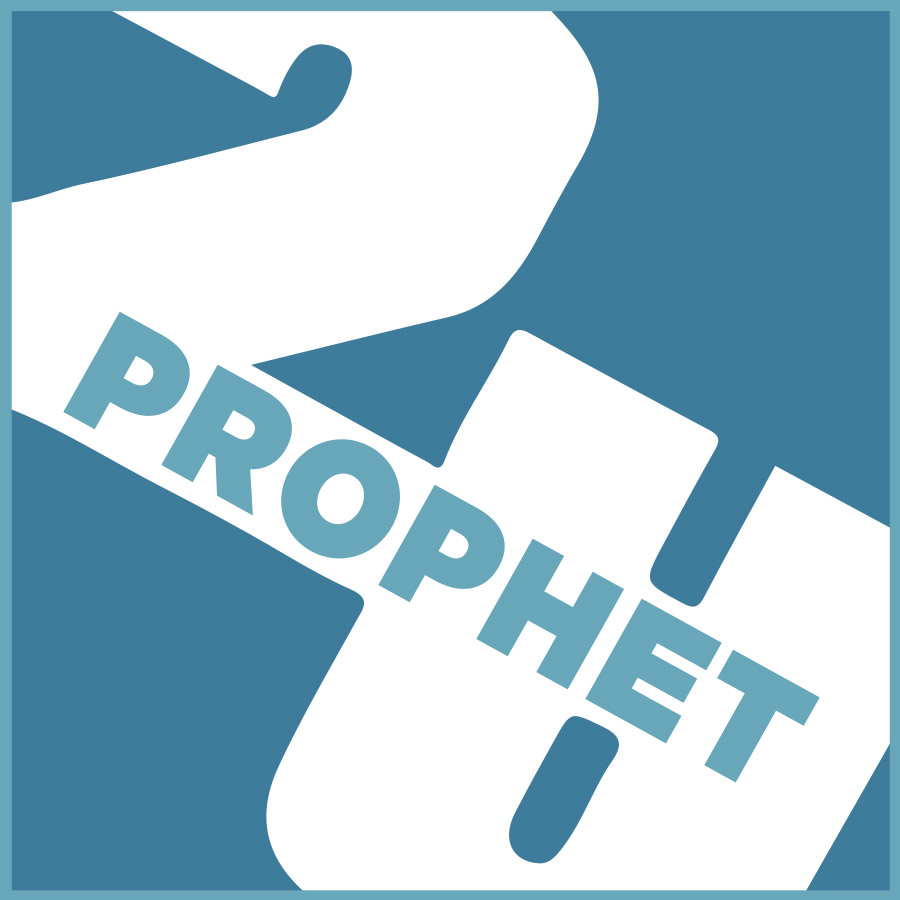Book Notices
Handling the Hebrew Text
By Warren W. Wiersbe
Pastors with a year or two of New Testament Greek can generally use the many fine basic tools now available and not be at the mercy of the commentators. But when it comes to the Old Testament text, even a student with a year or two of Hebrew may feel a bit nervous. Therefore, some suggestions for a basic library are in order.
Start with An Expository Dictionary of Biblical Words by W. E. Vine and expanded by Unger and White (Nelson). Vine did the New Testament section, but Unger and White added the Hebrew vocabulary to make this a true handbook for the entire Bible. All words are coded to the Strong’s Concordance numerical system. This is a plus.
Then add The New Wilson’s Old Testament Word Studies by William Wilson (Kregel). This volume lists the Old Testament words in English, with their Hebrew equivalents, and codes them to Strong and to The Theological Wordbook of the Old Testament, edited by Harris, Archer and Waltke (Moody). By using Wilson, in a few seconds you can get the information you need about the significant Old Testament words.
A few words about TWOT mentioned above. These two volumes are filled with linguistic treasures to help you better understand and apply the Old Testament. TWOT gives you what the lexicons omit and then adds much more. The careful exegete needs this set.
The New Brown, Driver and Briggs Hebrew-English lexicon is also coded to Strong; so you can use it easily, even if your Hebrew is rusty. It is published by Associated Publishers and Authors.
The NIV Interlinear Hebrew-English Old Testament is our favorite of this genre. Edited by John Kohlenberger, it is published by Zondervan in four volumes, or in one.
The Analytical Hebrew and Chaldee Lexicon by B. Davidson has been a dependable tool for many years. It was originally published by Bagster and is now available from Zondervan.
The Theological Dictionary of the New Testament (Eerdmans) has material on the Semitic background of New Testament words, so don’t overlook it. Also, there are articles on key Bible words in the Bible encyclopedias and dictionaries.
Using these tools won’t make you an expert, but at least they will help you do original study for your Old Testament preaching.
When asked about the use of translations and other such tools, Emerson replied, “Why swim the river when there is a bridge?” Perhaps these “bridges” will keep you from drowning as you expound the riches of the Old Testament Scriptures.

2ProphetU is an online magazine/website, started by Warren Wiersbe and Michael Catt, to build up the church, seek revival, and encourage pastors.
 Warren Wiersbe Podcast
Warren Wiersbe Podcast
- An error has occurred, which probably means the feed is down. Try again later.
 Sherwood Baptist Podcast
Sherwood Baptist Podcast
- An error has occurred, which probably means the feed is down. Try again later.

Leave a Reply